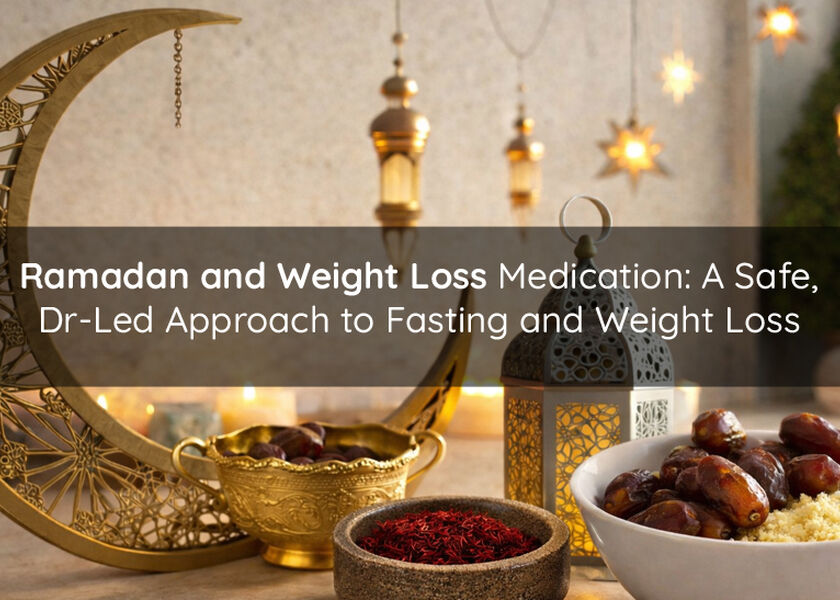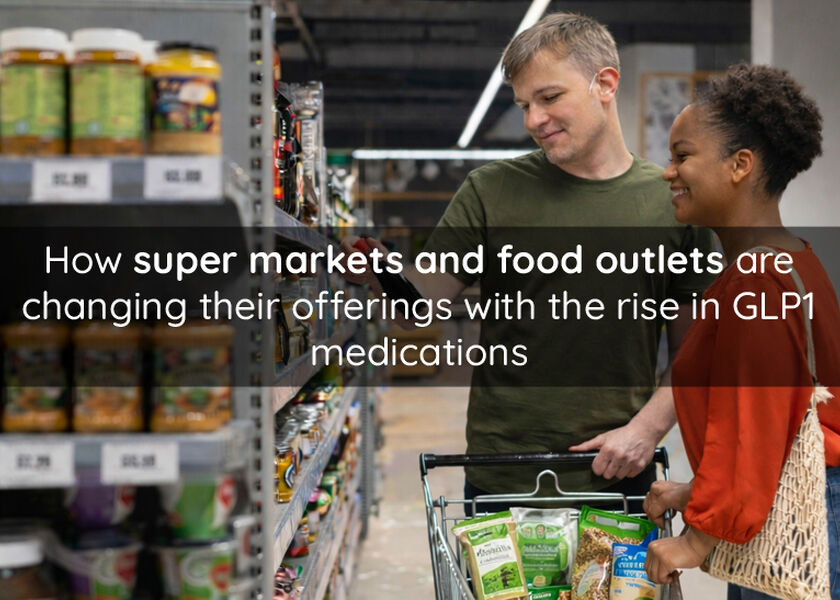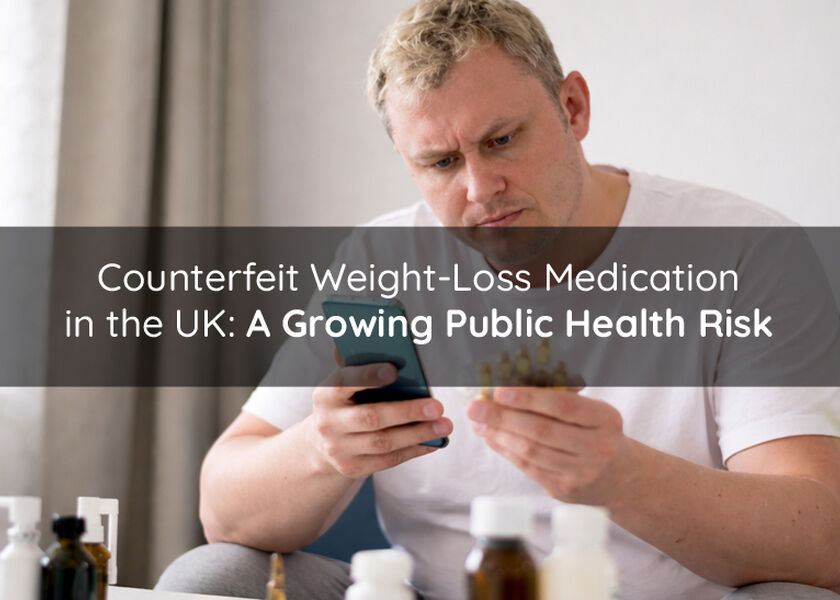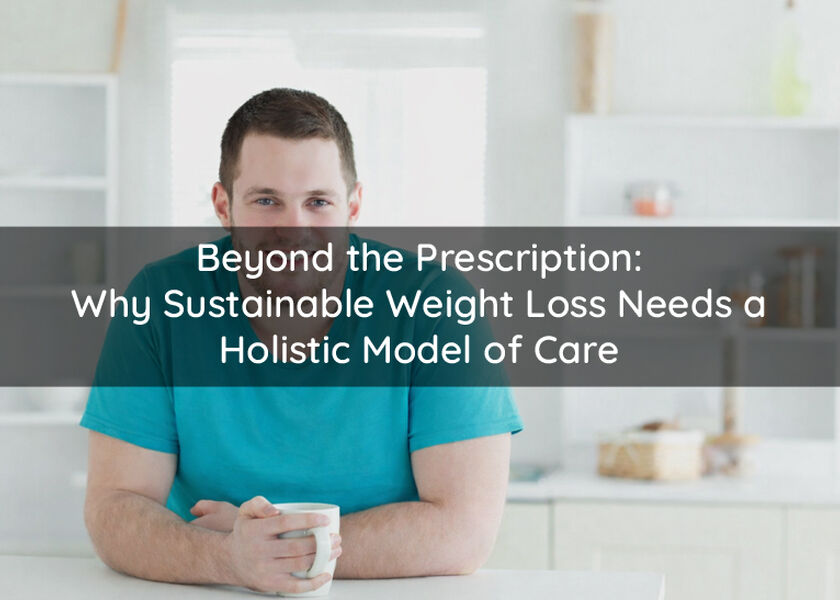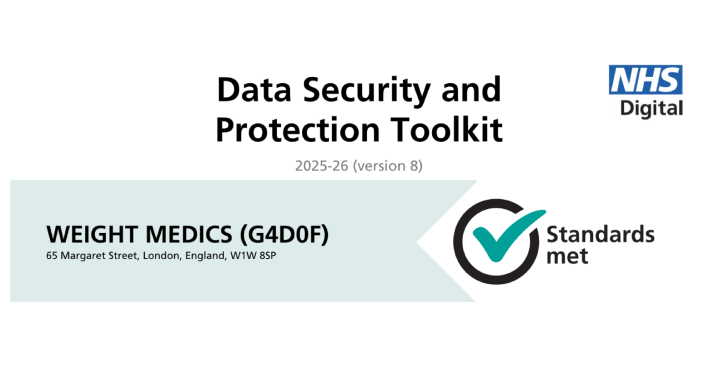
In recent years, ultra-processed foods (UPFs) have taken over supermarket shelves and household cupboards. From packaged snacks and sugary cereals to ready meals and fizzy drinks, these foods are now a staple in many diets — particularly in the UK, which ranks among the highest consumers of UPFs in Europe.
But what exactly are ultra-processed foods, and how do they affect our health? At Weight Medics, where we help people take control of their weight and wellbeing, understanding the role of food quality — not just calories — is vital.
Let’s explore the growing body of evidence that links UPFs to a range of chronic health conditions.
What Are Ultra-Processed Foods?
Ultra-processed foods are industrial formulations made mostly or entirely from substances not typically used in home cooking — such as additives, colourings, flavourings, preservatives, and emulsifiers. These foods are designed to be hyper-palatable and convenient.
Examples of UPFs include:
- Fizzy drinks and sweetened beverages
- Packaged snacks (crisps, biscuits, chocolate bars)
- Instant noodles and soups
- Breakfast cereals with added sugars
- Processed meats (hot dogs, chicken nuggets, reconstituted meats)
- The NOVA food classification system, widely used in research, categorises foods based on the extent of processing, with UPFs falling into the most heavily processed category [1].
Health Risks Linked to Ultra-Processed Foods
Numerous studies now show a strong association between high UPF consumption and a wide range of health problems.
1. Weight Gain and Obesity
UPFs are energy-dense, low in fibre, and often high in sugars and unhealthy fats — a perfect storm for overeating. A 2019 randomised controlled trial by the NIH found that participants who ate a UPF-heavy diet consumed 500 more calories per day and gained more weight than those on a minimally processed diet — despite both diets being matched for macronutrients [2].
2. Type 2 Diabetes and Metabolic Syndrome
A 2020 French cohort study from The NutriNet-Santé project found that each 10% increase in UPF consumption was associated with a 15% increase in the risk of type 2 diabetes [3]. The blood sugar spikes, insulin resistance, and chronic inflammation linked to UPFs are thought to play a major role.
3. Heart Disease
UPFs have been linked to a higher risk of cardiovascular disease. One large-scale study involving over 100,000 people showed that higher UPF intake was associated with increased risks of heart attacks and strokes, independent of BMI and total calorie intake [4].
4. Gut Health Disruption
The emulsifiers and artificial sweeteners in UPFs may negatively impact the gut microbiota, which plays a critical role in immunity, digestion, and even mental health. Emerging research links UPF consumption to reduced microbial diversity and increased gut permeability — a factor in inflammation and autoimmune conditions [5].
Why Are UPFs So Hard to Avoid?
One reason UPFs dominate our diets is aggressive marketing and convenience. They're cheaper, faster, and designed to trigger dopamine responses that encourage repeat consumption. Additionally, modern lifestyles have made cooking from scratch more difficult for many people, making UPFs an easy fallback.
How to Reduce UPFs in Your Diet
At Weight Medics, we advocate for a sustainable, science-backed approach to weight loss and health. Here are some practical tips:
- Read labels – Avoid products with long ingredient lists or unfamiliar chemical names.
- Shop the perimeter – Fresh produce, dairy, and meats are usually on the outer aisles of supermarkets.
- Cook more at home – Even simple meals with whole ingredients can reduce UPF intake.
- Prioritise protein and fibre – These nutrients increase satiety and are often lacking in UPFs.
- Use medical support when needed – For some, medications like Wegovy or Mounjaro (when prescribed) may help regulate appetite and address metabolic imbalances, especially when combined with dietary improvements.
Final Thoughts
The rise of ultra-processed foods is a public health challenge that extends beyond weight gain. From metabolic disease to mental health and gut dysfunction, UPFs affect our bodies in ways we’re only beginning to fully understand.
By becoming more mindful of food choices and seeking professional guidance when needed, you can take powerful steps toward better health. At Weight Medics, we’re here to support you with medical weight management solutions tailored to your individual needs.
References
1. Monteiro, C.A., et al. (2019). Ultra-processed foods: what they are and how to identify them. Public Health Nutrition.
2. Hall, K.D., et al. (2019). Ultra-Processed Diets Cause Excess Calorie Intake and Weight Gain: An Inpatient Randomized Controlled Trial of Ad Libitum Food Intake. Cell Metabolism.
3. Srour, B., et al. (2020). Association between ultra-processed food consumption and risk of type 2 diabetes among participants of the NutriNet-Santé prospective cohort. JAMA Internal Medicine.
4. Srour, B., et al. (2019). Ultra-processed food intake and risk of cardiovascular disease: prospective cohort study (NutriNet-Santé). BMJ.
5. Chassaing, B., et al. (2015). Dietary emulsifiers impact the mouse gut microbiota promoting colitis and metabolic syndrome. Nature.


